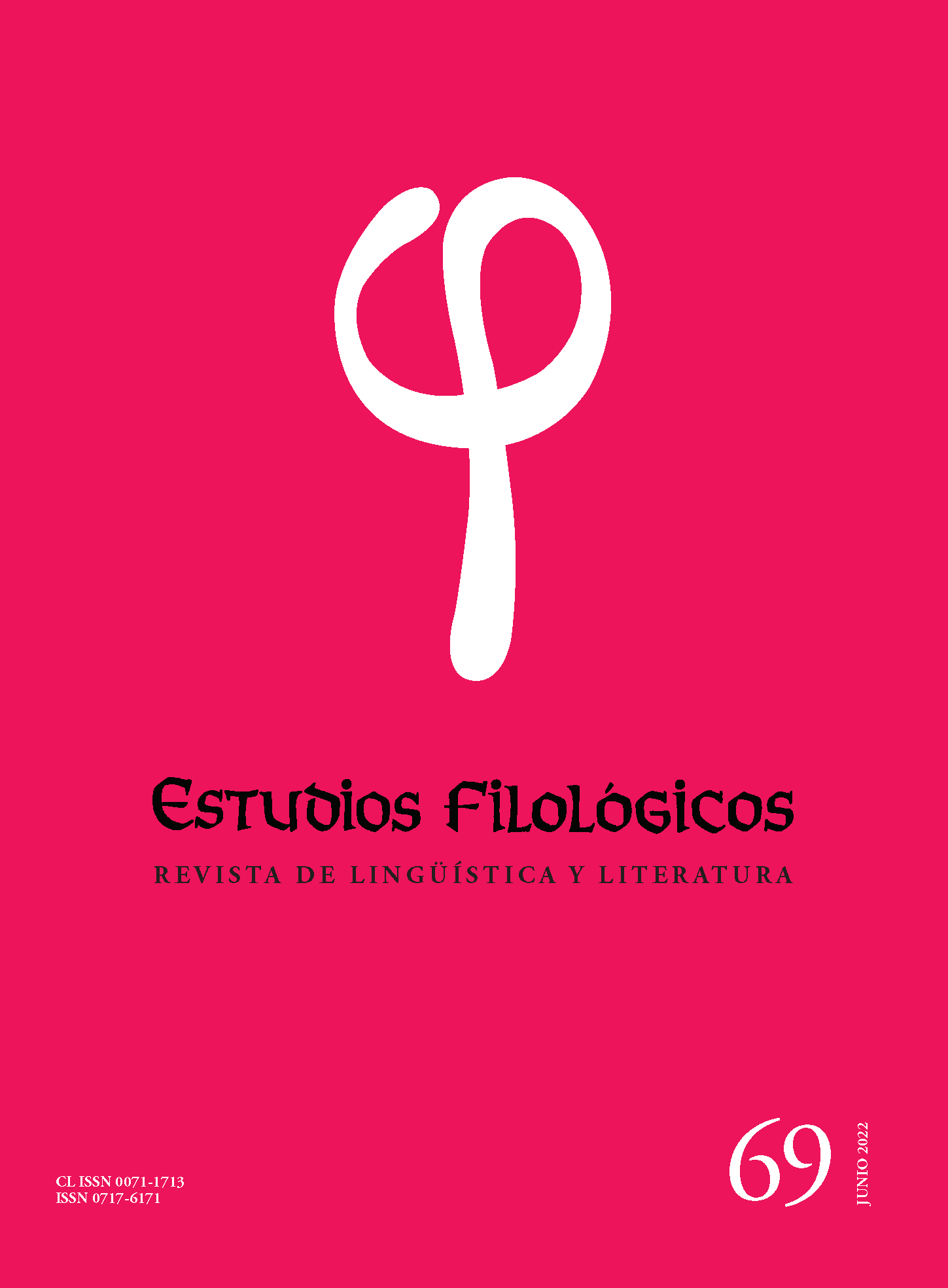Habilidades lingüísticas en un cerebro envejecido: revisión de estudios empíricos en adultos de tercera y cuarta edad cognitivamente sanos
Contenido principal del artículo
Resumen
Un cerebro envejecido exhibe importantes cambios a nivel lingüístico, con buen rendimiento en determinados aspectos y déficits en otros. No obstante, los múltiples niveles involucrados y la heterogeneidad cognitiva y etaria durante el envejecimiento hacen que los límites de estos déficits sean difusos. Un mejor conocimiento ayudaría a dimensionar la real magnitud de estos cambios y distinguir aquellas variaciones normales de las que no. Este artículo tiene por objetivo entregar información avanzada del declive del lenguaje durante la tercera y cuarta edad mediante la revisión de evidencias empíricas. Como resultado, se observan déficits en reconocimiento de palabras, comprensión y producción de cláusulas complejas, recuperación léxica y discurso, cambios que progresan durante la tercera y cuarta edad, pero no parecen alterar la comunicación funcional. Aunque, para apreciar globalmente este fenómeno, es necesario considerar otros aspectos, como el uso de estrategias compensatorias responsables de mantener el potencial comunicativo en un cerebro envejecido.

